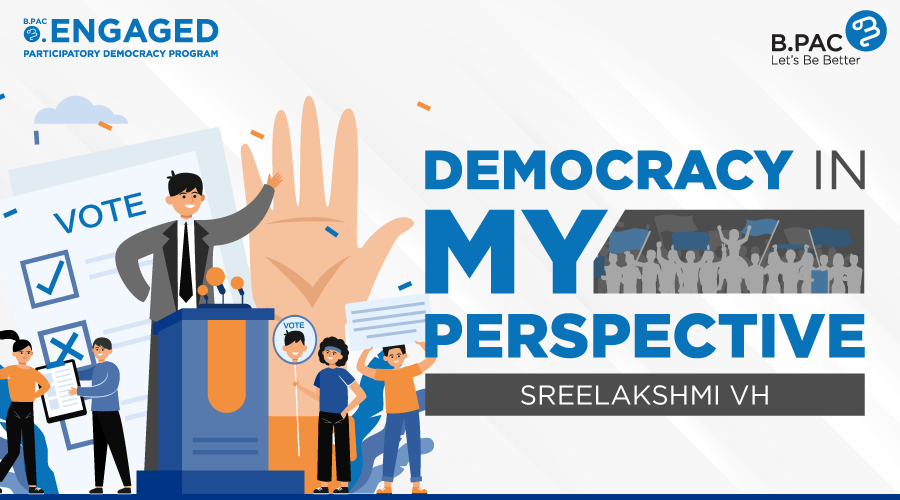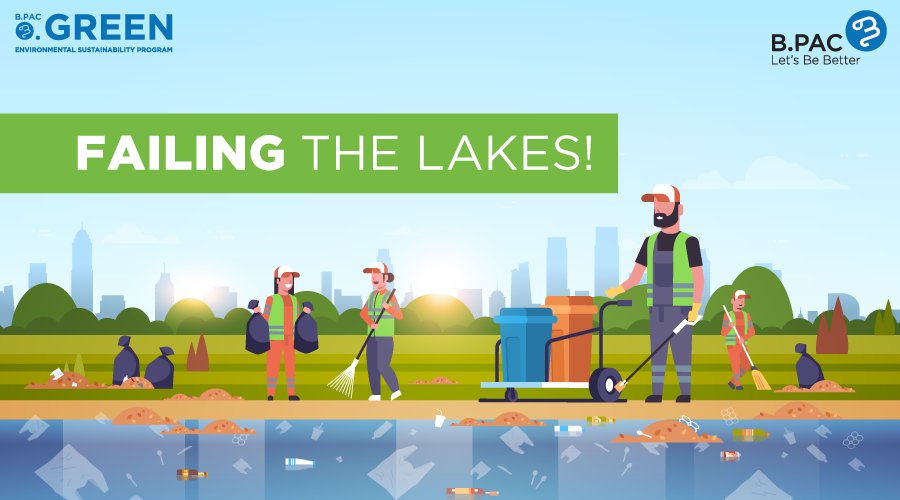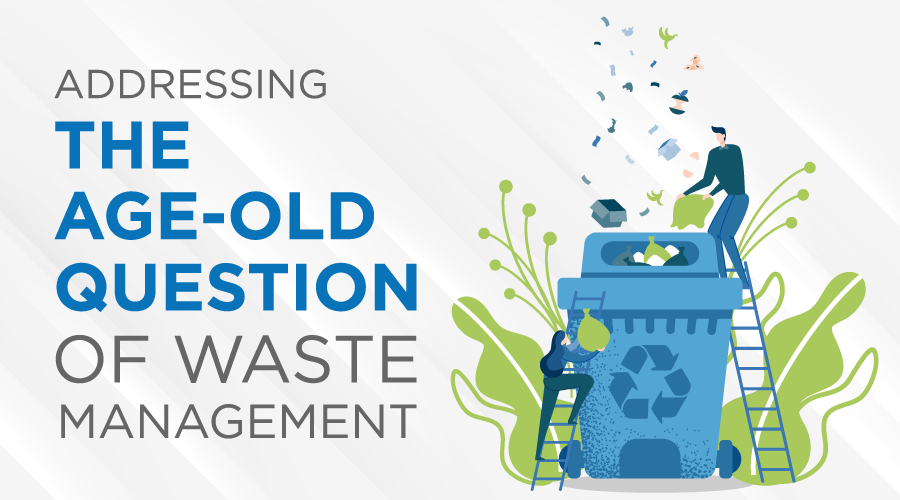Good Governance is an approach to the government that is committed to creating a system founded in justice and peace that protects an individual’s human rights and civil liberties. In International Development, Good Governance is a way of measuring how public institutions conduct public affairs and manage public resources in a preferred way. Governance is the process of decision-making and the process by which decisions are implemented.
Why Good Governance?
Good Governance can also be called a Great Administration because when we try to break down the term governance from government, “Governance” is what a “government does“. It is to advance and continue all-encompassing and integrated human development. The total center is to perceive how public-elected government enables, simplifies, and authorizes its people, paying no consideration to caste, creed, color, class, sex and political ideology and social origin to think and take certain decisions which will be to their greatest advantage and which will empower them to lead a spotless, respectable, glad and self-sufficient existence.
What are the basic features or elements?
There will be basic features on which a project or any other theme is developed. Even Good governance is developed on the basis of such principles; which assures minimized corruption, greater respect for the opinions of the minorities and the voices of the most vulnerable section of the society.
Principles of Good Governance:
- Participation
- Rule of law
- Transparency
- Responsiveness
- Equity and Inclusiveness
- Consensus oriented
- Accountability
- Effectiveness and Efficiency
It also makes sure that both the present and future needs of society are met and fulfilled. Good Governance is very important in the public sector because especially when one is dealing with the money of the public as well as the trust in which they elected a government that will fulfill their needs and stays for their best.
Citizen engagement has collected quality over the most recent 20 years as a response to the deficiencies of the government reforms intended to improve Governance. Good Governance means open, comprehensive, responsible, and successful public foundations. Promoting Good Governance is a key vital target of the worldwide development target. Poor administration has inverse attributes and is at the core of corruption. For over 10 years, governments and donors have perceived the significance of advancing Good Governance and battling corruption, and have been implementing Good Governance and anticorruption reforms.
The growing development for the government to draw in with residents and civil society is also being impelled by arising proof that resident commitment improves development outcomes, reduces poverty, and encourages peace by promoting social inclusion. The rapid ascent in availability or connectivity, 24/7 instant communications, and online media likewise empowers governments to connect all the more broadly with residents. Citizens and governments around the globe are progressively concerned with, and ready to go up against poor governance and corruption. Citizen and civil society engagement to demand and promote good governance can improve by and large the viability of Good Governance and anticorruption programs.
Let me conclude by reminding these words;
“The success of democracy is impossible without participation of the people” – Prime Minister Narendra Modi
India is the largest democracy in the world and citizens here are highly enthusiastic to be a part of governance. In a democratic system, citizen participation is one of the key components of the decision-making process. My Gov launched by the Indian Government is one such attempt to ensure citizen participation towards decision making so that the ultimate goal of ‘Good Governance’ for building India is achieved.
There are many Initiatives for Good Governance in India such as; RTI, E-Governance, Legal Reforms, Decentralization, Aspirational Districts Programmes, etc.
At the very same time, there are also challenges to Good Governance.
Challenges of Good Governance are as follows:
- Corruption
- Gender disparity
- Growing incidence of violence
- The marginalization of socially and economically backward people
- Delay injustice and so on.
Good Governance is an ideal that is hard to accomplish in its entirety. It ordinarily includes well-intentioned people who bring their thoughts and ideas from experiences, inclinations, and other human qualities and deficiencies to strategy or policymaking. Good Governance is accomplished through an ongoing discourse that endeavors to catch all the contemplations engaged with assuring that stakeholder interest is addressed and reflected in policy initiatives.
Sreelakshmi VH
MA Public Policy
Mount Carmel College
REFERENCES
∙ https://www.unescap.org/sites/default/files/good-governance.pdf
∙ http://creativelearning.org/blog/2016/11/08/what-is-good-governance/
∙ https://www.india.gov.in/spotlight/mygov-citizen-participation-towards good-governance





